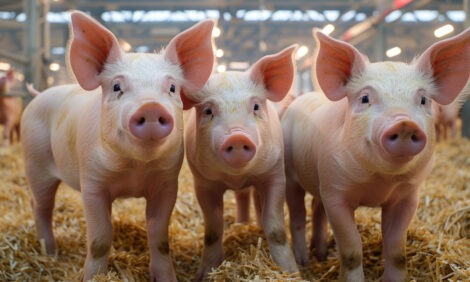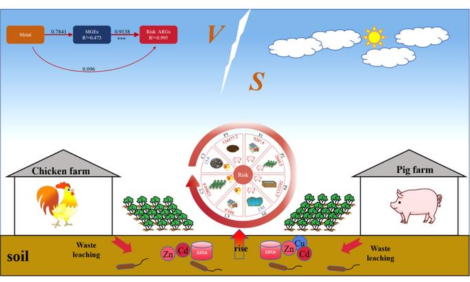



Sonora swine biosecurity certification program
A novel way to approach regional disease controlThe state of Sonora, located in northwest Mexico, is the second leading pork producing state in the country producing about 375,000 tons of pork per year from 150,000 sows. The region has a privileged location, a desert climate and a long history of producer collaboration to facilitate regional disease control and elimination, said Jean Paul Cano, Pipestone Veterinary Services, USA. However, previous efforts have not been able to significantly reduce the incidence of PRRS or PED, for example, Cano noted at the 2023 Leman Swine Conference.
The current initiative designated as the Sonora Swine Biosecurity Certification Program aims to build the foundation of regional biosecurity and disease tracking needed to consider health improvement projects in the state. The Health Committee of the Sonora Pork Producers Union, coordinating the project, was able to get all the commercial producers in the state to sign the participation agreement. The producers agreed to share diagnostic data in real time and to allow the Health Committee’s personnel to audit farm biosecurity and train farm staff to obtain the annual certification, said Cano.
Participating producers have also agreed to pursue a biosecurity minimum standard defined as the "Top 10 Biosecurity Standards", including:
(1) Specifications for the location of new buildings
(2) Maximum number of production weeks per growing site
(3) Negative source of semen and replacements
(4) Use of a validated chemical mitigant in breeding herds and delivery of feed following a dynamic biosecurity pyramid
(5) Segregation of transport vehicles contacting breeding herds
(6) Contained clean area on the farms
(7) Prohibition of rendering in breeding herds
(8) Approved protocols for supply disinfection
(9) Annual audits of farms, feed mills and truck washes
(10) Training of all farm, feed mill and truck wash staff during the first 90 days of employment and then annually.
There are four boar studs, 63 breeding herds, 53 nurseries and 271 wean-to-finish/finishers totaling 395 participating commercial sites in this program, Cano noted. In addition, 370 backyard pigs or family farms have been identified. Nine feed mills, nine transport decontamination facilities and seven slaughter plants also operate in the state, he added.
By the end of July of 2023, 40% of the sites were PRRS positive (category I - unstable), 44% were stable (category II or III) and 16% were negative (category IV). At the same time, 9% were PED positive, 7% were stable and 84% were reported negative, Cano explained.
The Health Committee has certified 38 auditor/trainers; 1,734 commercial pork production staff in the state have received the biosecurity training course. With notable progress in biosecurity practices and a growing trend of exchanging disease status and genetic sequences, the producers and swine professionals of Sonora have initiated a regional initiative aimed at eliminating porcine epidemic diarrhea (PED), Cano concluded.









